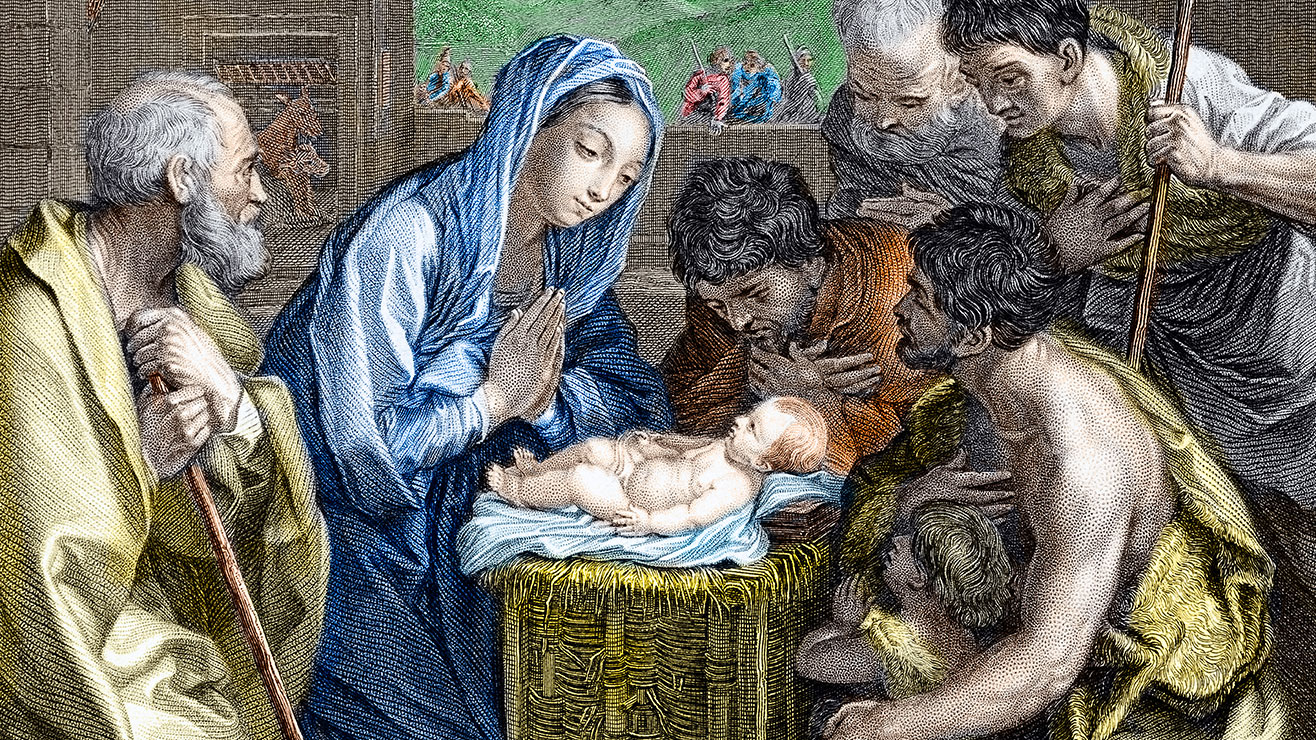Loneliness Kills, Study Shows

It's true—you might die of loneliness, but not until you're older.
In a new University of Chicago study of men and women 50 to 68 years old, those who scored highest on measures of loneliness also had higher blood pressure. And high blood pressure is a major risk factor for heart disease, the number one killer in many industrialized nations and number two the United States.
Lonely people have blood pressure readings as much as 30 points higher than non-lonely people, said the study leaders Louise Hawkley and Christopher Masi. Blood pressure differences between lonely and non-lonely people were smallest at age 50 and greatest among the oldest people tested.
Richard Suzman of the National Institute on Aging, which funded this research, said he was "surprised by the magnitude of the relationship between loneliness and hypertension in this well-controlled, cross-sectional study."
Nothing worse
The researchers separated loneliness out from depression, age, race, gender, weight, alcohol consumption, smoking, blood pressure medications, hostility, stress, social support and other factors.
Also, loneliness does eat at you. The morbid health effect of loneliness accumulates gradually and faster as you get older, the study found. Loneliness was worse for blood pressure than any other psychological or social factor the researchers studied.
Get the world’s most fascinating discoveries delivered straight to your inbox.
Weight loss and physical exercise reduce blood pressure by the same amount that loneliness increases it. Hawkley said this finding especially surprised her.
"It's comparable to the effects you see for the health benefits that are so often advocated such as exercise [to] keep your blood pressure under control," Hawkley told LiveScience.
Who is lonely
About one in five Americans is lonely, a gnawing emotional state that is a patchwork of feeling unhappy, stressed out, friendless and hostile.
The main psychological difference between lonely and non-lonely people is that the former perceive stressful circumstances as threatening rather than challenging and cope passively and withdraw from stress rather than trying to solve the problem, said study co-author John T. Cacioppo.
Lonely people who are middle-aged and older tend to also have problems with alcoholism, depression, weak immune system responses to illness, impaired sleep and suicide.
Some psychologists think that associations between loneliness and health or physiology are just part of a generic stress response, but this new research suggests loneliness has a unique impact.
More to come
Social trends in the United States suggest a recipe for greater loneliness and thus higher blood pressure and risk of heart disease. The population is aging and more people move around and live alone than ever, contributing to greater separation from caring friends and family.
Data for the study, announced this week and published in the journal Psychology and Aging, were collected in 2001. Future research could demonstrate if loneliness causes higher blood pressure, or is simply associated with it.
Meanwhile, it's probably a good idea to nurture those special friendships, marry, or at least get a decent roommate if you want to keep your blood pressure down and beat down your odds of getting heart disease.
- Anger is Good For You
- Happiness in Old Age Depends on Attitude
- The Keys to Happiness, and Why We Don't Use Them
- Loss of Loved One Really Can Cause Broken Heart
- Risk of Death Can Soar When Spouse is Sick
- Closeness May Breed Wellness
Robin Lloyd was a senior editor at Space.com and Live Science from 2007 to 2009. She holds a B.A. degree in sociology from Smith College and a Ph.D. and M.A. degree in sociology from the University of California at Santa Barbara. She is currently a freelance science writer based in New York City and a contributing editor at Scientific American, as well as an adjunct professor at New York University's Science, Health and Environmental Reporting Program.



